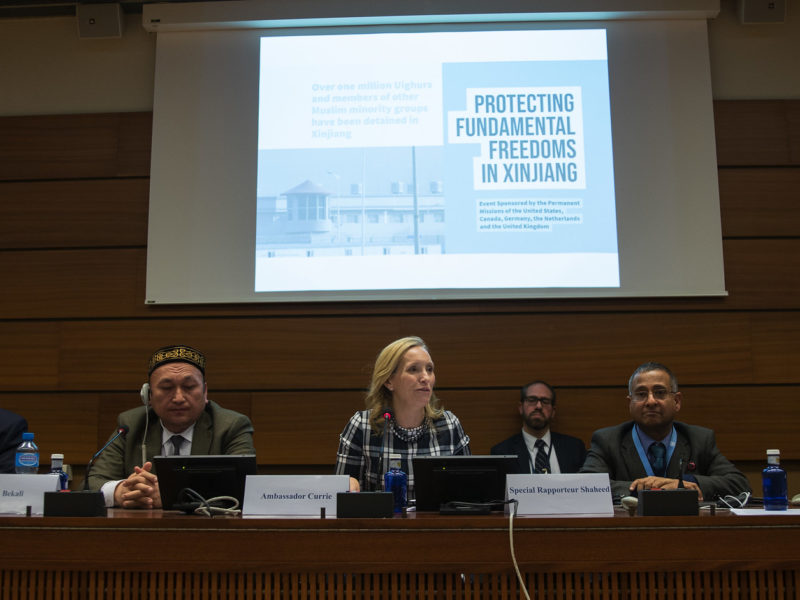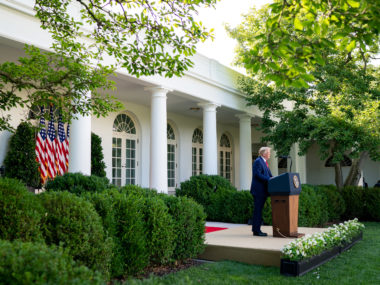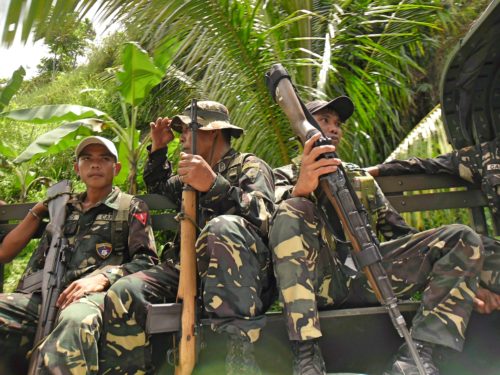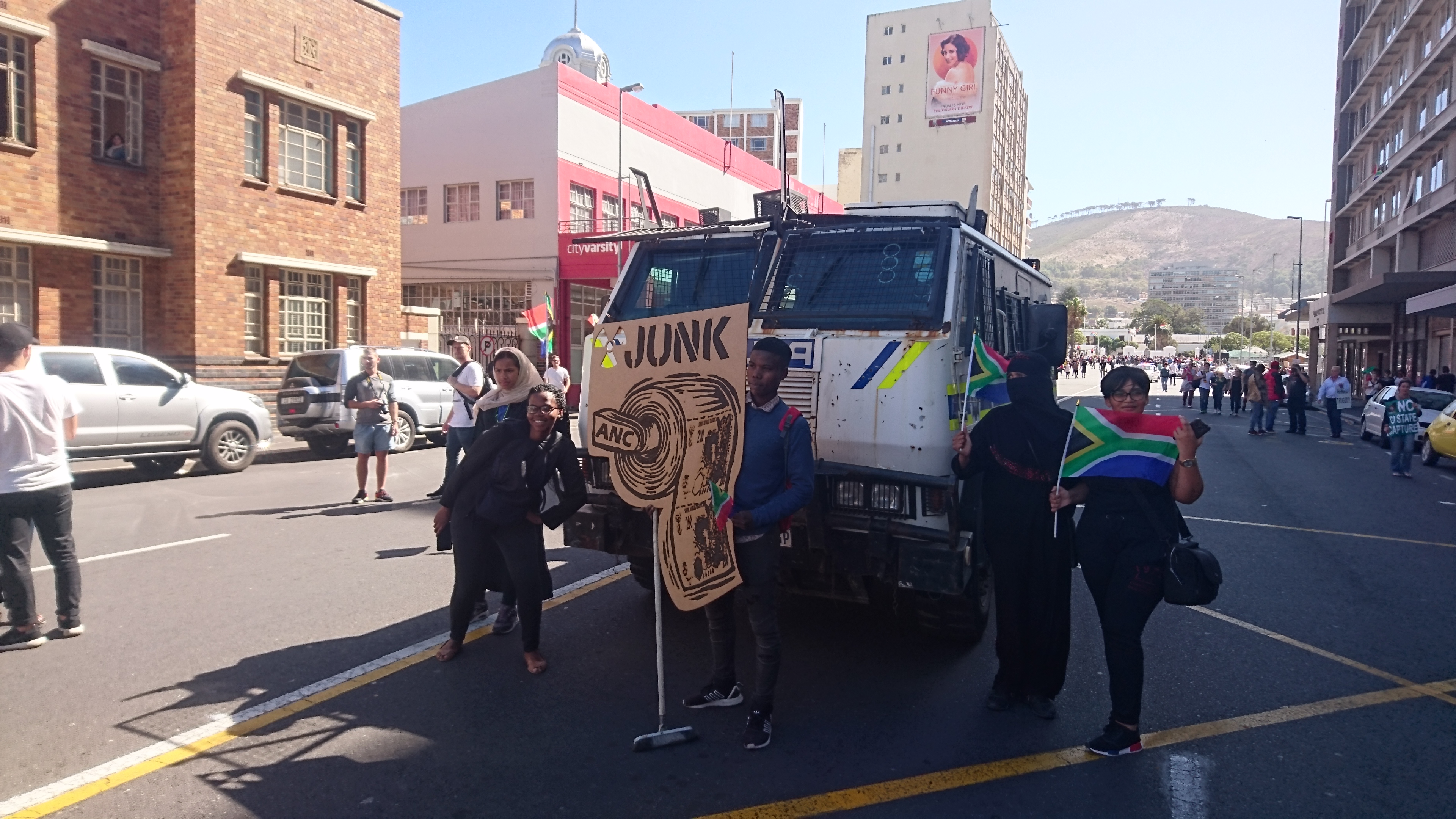Guest post by Maria Lotito
A new report from the United Nations finds that China may have committed crimes against humanity in Xinjiang and that human rights violations are ongoing. The abuse flows from China’s “Strike Hard” campaign, executed to counter separatism and extremism, subjecting Uyghurs and other Turkic minorities to mass detentions, forced labor and sterilizations, cultural suppression, and surveillance. The report comes months after the 2022 Beijing Winter Olympics, before which some governments sympathetic to the Uyghurs’ plight staged diplomatic boycotts, to little avail.
The UN report, much like the Olympic boycotts, will change few minds. What does it take to generate intergovernmental consensus around broad-scale human rights violations? Such convergence, even upon opposition to egregious human rights abuse, is rare and difficult to achieve. This is because violating governments are skilled at subverting international human rights norms and onlooking states have many reasons to avoid acting. Abusive practices might be reframed as responsible policy, or covered up. Meanwhile, supposedly compliant governments contend with a panoply of bilateral interests, some incompatible with international norms.
Judging from the most prominent historical case, international consensus on abuse in Xinjiang will take much more than this report. The anti-apartheid struggle in South Africa merits renewed consideration given the unmatched volume of state support it received. According to data we collected at the University of Denver, 61 distinct foreign governments supported the anti-apartheid movement during the peak of consensus between 1985–1988. This is nearly twice the amount that supported any Arab Spring protest or Color Revolution. Three drivers encouraged international consensus against apartheid, from which we can draw ideas for accelerating consensus today.
First, from the 1950s through the 1980s, a diverse and committed transnational activist network grew and matured, nurtured by early support from vanguard states and a dogged outreach campaign waged by the African National Congress (ANC). Countries like India, Sweden, and Zambia (among others) persisted against racial inequality in South Africa for decades. These governments were willing to incur costs and inconvenience to challenge apartheid. Their agitation and advocacy, alongside transnational activists, helped to entrench a global discourse of rejection that easily folded in sympathetic latecomers awakening to the cause in the 1980s.
Beginning in the early 1980s, consensus against apartheid was buoyed by easing geopolitical tensions between East and West. The 1985 Geneva summit, the 1986 Reykjavik summit, and the 1988 Tripartite Accords indicated thawing of the US-USSR relationship. USSR-China relations also improved, demonstrated through a series of bilateral talks that began in 1979. These events created an opening for geopolitical rivals to assume similar positions toward apartheid South Africa, rather than perceiving it as a Cold War battleground. Both the US and China reinitiated relations with the ANC in the 1980s, a significant gesture acknowledging its centrality to a political solution.
Finally, between 1984–1986, South Africa experienced acute violence and instability that drew concern from the international community. The tumult began in 1984, after the South African government convened a new parliament that awarded separate chambers to Whites, “Coloureds,” and Indians, restoring some voting rights to nonwhites while excluding Blacks. The resistance perceived the reform as confirmation that the government had no intention of instituting a universal franchise. In response, the ANC called for outright civil disobedience—a campaign to make South Africa “ungovernable.” The violence that followed entailed nationwide insurrection, to which the government responded with a brutal state of emergency.
The groundswell of opposition to apartheid between 1985–1988 corresponded to a period of deep unrest in South Africa. An entrenched anti-apartheid narrative and geopolitical easing preceded the violence created an environment conducive to international agreement on the need to end apartheid.
Despite the vastly different circumstances surrounding the abuses in Xinjiang and those in South Africa, the fight against apartheid provides some clues on expediting consensus today. South Africa reminds us of the centrality of a committed core of states that accepts, anticipates, and mitigates wherever possible the costs inherent in standing up for human rights. Commitment from states, in some cases driven by domestic constituencies, is needed to pressure the Chinese government to change course. China is an economic powerhouse and states will be disinclined to jeopardize their bilateral relationships. The coalition for rights in Xinjiang needs government champions—as India, Zambia, and Sweden were—willing to incur costs for the sake of the cause.
South Africa also demonstrates the harm caused by over-politicizing human rights. Discourse on crimes against humanity in China must not be dismissible as democratization in disguise but rather clearly distinguished from the broader struggle between democratic and autocratic countries over rules governing the international order. Early Western action against apartheid was unhelpfully contingent on the geopolitical mood in that gains for the movement were considered a win for the Soviet Union. Struggles for gender equality can be similarly politicized, jeopardizing progress. We must avoid conflating human rights with democratization or global competition in order to draw in prospective sympathizers of different political orientations, like Muslim-majority countries many of whom are standing with China.
Finally, a new approach to global consensus building would emphasize the failings of the specific policy decision driving the repression in Xinjiang. As South Africa’s racial discrimination was justified with a policy of “separate development,” China’s repression corresponds to a policy it claims is a necessary response to Islamic extremism. The international discourse on human rights in China should both bring violations to light and be policy-minded, engaging with China’s concerns about extremism, emphasizing the degree to which such policies could exacerbate the very problem they purport to solve. From our lived history we know that global consensus building is time intensive, grinding, and rare; but we do not have to accept this as a stylized fact of international life.
Maria Lotito is an analyst at the US Department of Defense focusing on defense economics issues such as force affordability. Her scholarly work concerns state responses to nonviolent mass resistance. She received a PhD from the University of Denver’s Josef Korbel School of International Studies in 2021. The views presented are those of the author and do not reflect the official views of DoD or its components.






